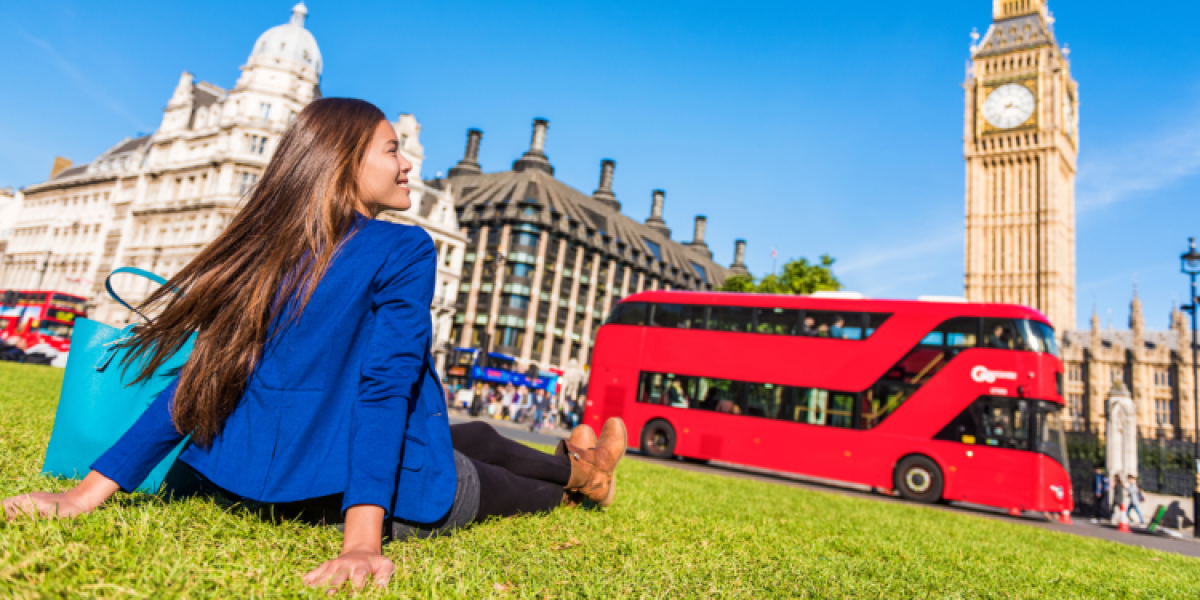
Unless you're moving abroad for a job, you have to decide on where you want to settle? A smaller town or village, a city, the capital city? While living in little towns and villages definitely has its perks, here is why you should consider your host country's capital city.
Most facilities are close by
Once you have landed in your host country, a lot of administrative facilities will be awaiting you. For example, you have to report at the nearest foreigners' office and register at your home country's consulate. You will also have to open a bank account, and register with tax authorities if you're planning to work or set up a business. All these facilities are found in capital cities, so you won't have to go too far. Need healthcare or medication? Capital cities have a wide range of hospitals, healthcare centres, clinics, doctors, pharmacies, etc. Most of them are also home to the head offices of many banks, which also means that access to ATMs is easy. No need to get your car out to withdraw some money. Living in a capital city is also beneficial when it comes to shopping as you will find a lot of hypermarkets, boutiques, malls, as well as grocery stores at every street corner. For those who are moving with their family, capital cities are usually home to many international schools. So your children's schooling won't be an issue.
World-class infrastructure
Capitals are usually home to all government and non-government institutions, so you can expect to find a developed and modern infrastructure. Whether in terms of housing, office space or coworking spaces for entrepreneurs and freelancers, options are many. Also, you won't have to waste hours in travelling to your workplace. You can just rent a studio or an apartment that is close to your workplace and do the rest on foot. If nothing meets your expectations, move away a bit further. You will generally find larger apartments or houses in the outskirts. These are cheaper compared to the city centre and are accessible by public transport. In fact, capital cities have the greatest options when it comes to transportation -- metro, buses, taxis, car or bike rental. But that's not all. You will also get a wide choice of leisure activities such as parks, gardens, museums, art galleries, monuments, cinemas, gyms and sports clubs, playgrounds, etc. We haven't yet mentioned the range of cafes, bars, restaurants and food stalls where you can grab a bite with your friends or family, and discover the local cuisine.
More career prospects
If you're looking to work abroad, consider moving to a capital city as most large and multinational companies are found there. This also means that career prospects are abundant, even for interns and international students who are looking for a part-time job. If you'd rather work for a small or medium enterprise, you will also find them in capital cities. Besides, moving to a capital city also means that you are likely to earn more, not to mention other benefits. Obviously, the labour market is more dynamic and competitive compared to smaller cities, but you will get international exposure. Even though the cost of living and rents may be higher, you can still find cheap options. If you're planning to set up a business in your host country, the capital city can be a good Unlessstarting point thanks to its large and cosmopolitan population. You will also have access to various facilities.
Events all year round
Once you are settled in, you will probably be looking for things to do in your free time. You won't regret moving to a capital city. Why should you wait for a long weekend or take a few days for a getaway to another city or neighbouring country by plane or train when there's so much to do in your place? Capital cities host various local and international events all year long, usually music or art festivals, carnivals, parades, exhibitions, gatherings, conferences, culinary shows, fairs, etc. As mentioned above, you will also be able to enjoy a wide range of artistic, cultural, social, educational and sporting activities, often for free. There's something for everyone, so you won't ever feel bored.
A multicultural experience
Most expats who are looking to discover a new culture in immersion prefer to move to a small town. Who said that you can't do it in a capital city? In a capital city, you will get to discover not one but many cultures from around the globe. In fact, capitals are generally renowned for their multicultural aspect. You will come across new people every day, on the street or in the metro, so do try bonding with them. Expat communities also choose to gather in and around capital cities. So you already know where to go if you're looking for that feeling of familiarity. Those who are seeking to develop their professional network will also benefit from moving to a capital city. It's an easy way to meet people of different origins and with similar interests, and to get feedback from them.



















